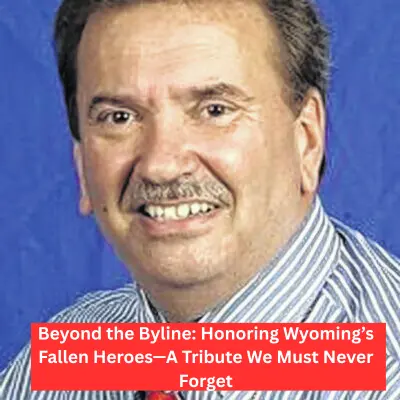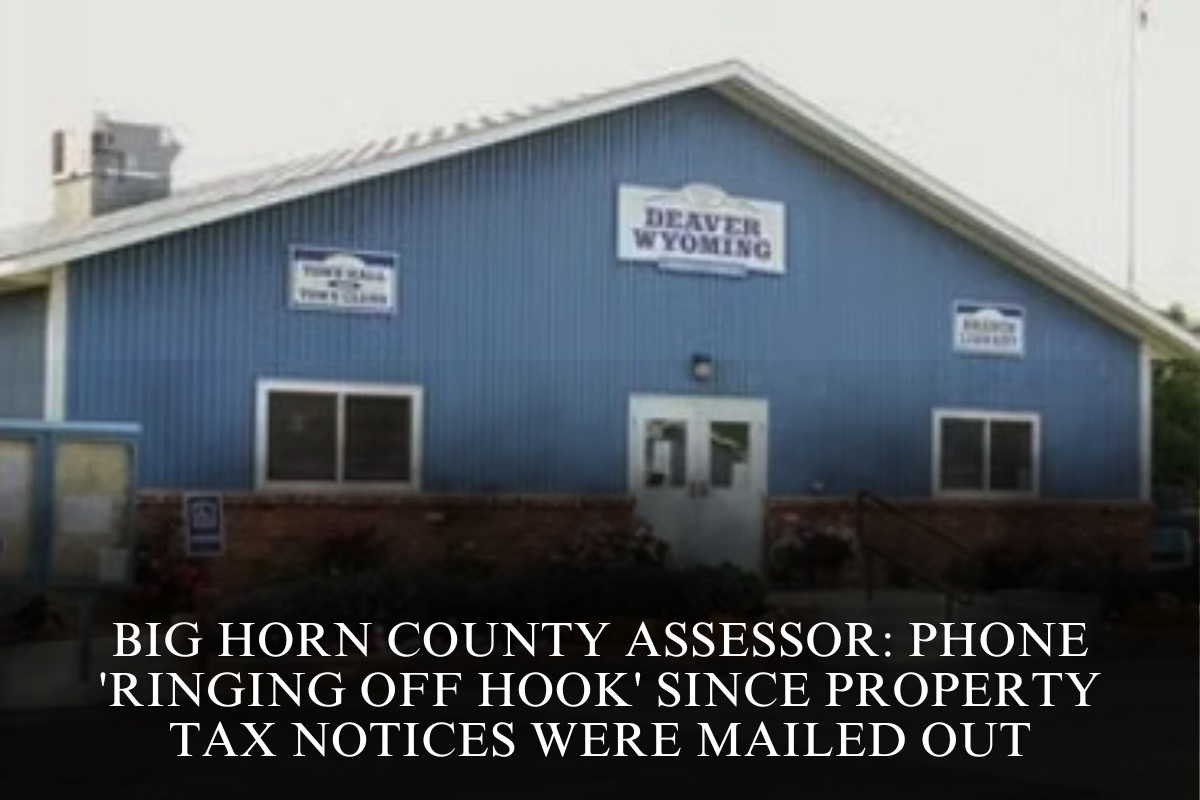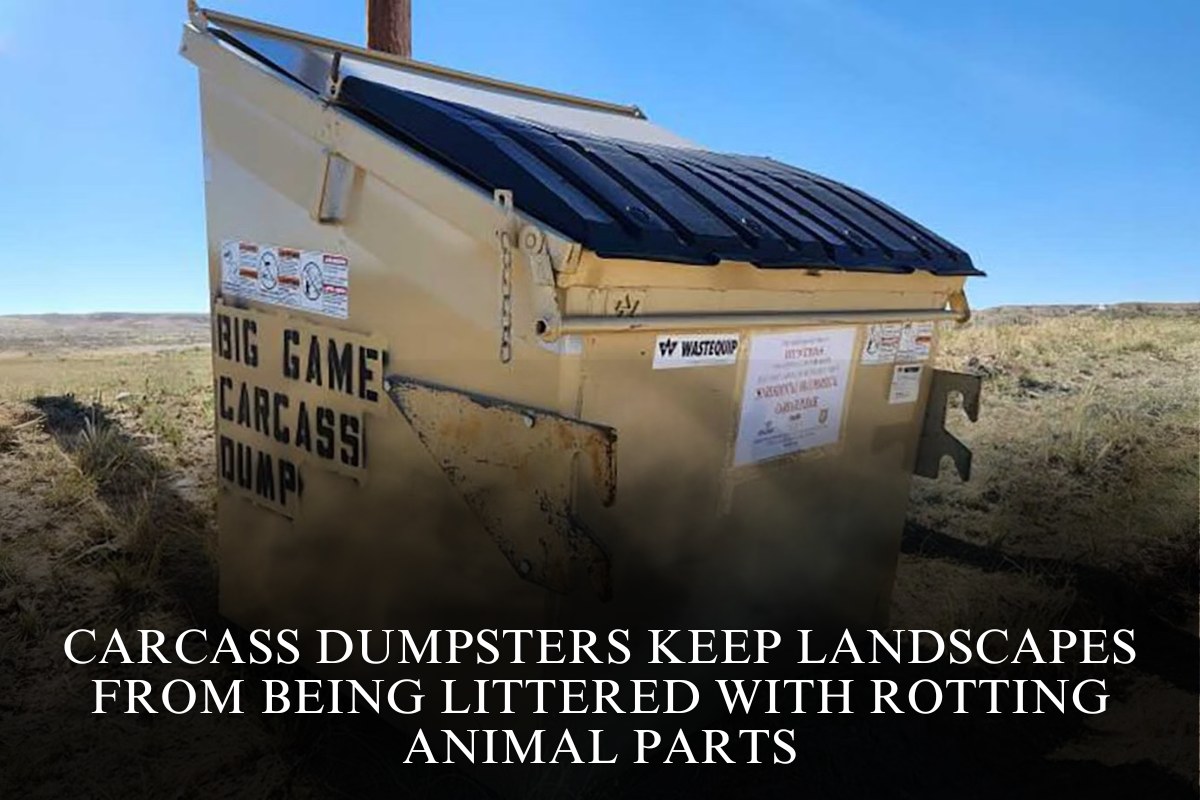WILKES-BARRE — Memorial Day is a solemn time to honor the brave men and women who made the ultimate sacrifice in service to our country. These fallen heroes are not just names etched in stone — they are stories of courage, sacrifice, and love for the nation.
Joe Barna, a 96-year-old Korean War veteran from Freeland, carries those memories with him every day. A two-time Purple Heart recipient, Barna has seen war up close and remembers not just those who returned, but especially those who didn’t.
“I made it back,” Barna said quietly. “And sometimes I wonder, how? I still have my arms, my legs, and the same head — though it’s now full of memories.”
Trying to describe war, he says, is nearly impossible.
“You have to live it. You can’t just read about it,” he explained. “You need to hear it, smell it, feel it. The scars we carry come from bullets, shells, bayonets—and the weather. But there are other scars, the kind you can’t see. Scars that live in the minds of those who spent more than a year in hell.”
For Barna, combat is not just a word — it’s a lifetime of memories.
“For a while, you tell yourself you’re fine,” he said. “But then something—a sound, a smell—triggers a memory, and suddenly, you’re back there again.”
To Barna, Memorial Day is not a celebration. It’s a day to remember, to reflect, and to honor.
“This day is about every veteran and every flag waving in our cemeteries,” he said. “Those flags mark where our heroes now sleep beneath a blanket of grass. So many of them were just boys, not long past childhood, sent to fight. They didn’t get to choose where or how they would die. God took too many of them far too soon.”
Barna remembers where it all began for him. He was just 11 years old on December 7, 1941, when Japan bombed Pearl Harbor.
“I was at my uncle’s bowling alley when we heard it on the radio,” he recalled. “I didn’t know what those words meant. But I would soon learn. In the years that followed, I saw the young men from my town—just a few years older than me—come home in flag-draped coffins.”
The war lasted until 1945. Today, Barna reflects on the national monuments that stand in Washington, D.C., including the World War II memorial where 4,048 gold stars adorn a wall — each one representing 100 American lives lost. That’s 404,800 lives.
Then came his war — Korea.
“We fought against more than a million North Korean and Chinese troops,” he said. “The war lasted three years. Over 36,000 Americans died.”
He recalls the Korean War Veterans Memorial, where 19 haunting statues of soldiers, Marines, and a Navy corpsman patrol beside a dark, reflective wall.
“It’s like the images on the wall are calling out to them,” Barna said. “I can almost hear their voices.”
And then came Vietnam.
“Again, young Americans were called to serve,” Barna said. “And on another wall in Washington lie the names of 58,000 who gave their lives.”
Barna often visits local cemeteries. He reads the gravestones carefully.
“Every stone has a birth date, a death date, and a name,” he said. “That space in between — that dash — tells the story of a life.”
That, he says, is what Memorial Day is really about.
As we pause to reflect this Memorial Day — whether you’re in Pennsylvania, Wyoming, or anywhere across America — think about what it meant to be one of those young soldiers, going into battle knowing you might never return.
Imagine knowing you may never again see your hometown, your loved ones, or live the life you dreamed of — never marry, never raise a family, never enjoy the everyday joys of civilian life.
Think about the courage it took to step forward, knowing each breath could be your last — and doing it anyway, without question.
These are the heroes we honor today. The fallen. The remembered. The never forgotten.
We thank them. We pray for them. And we remember their sacrifice — always.












